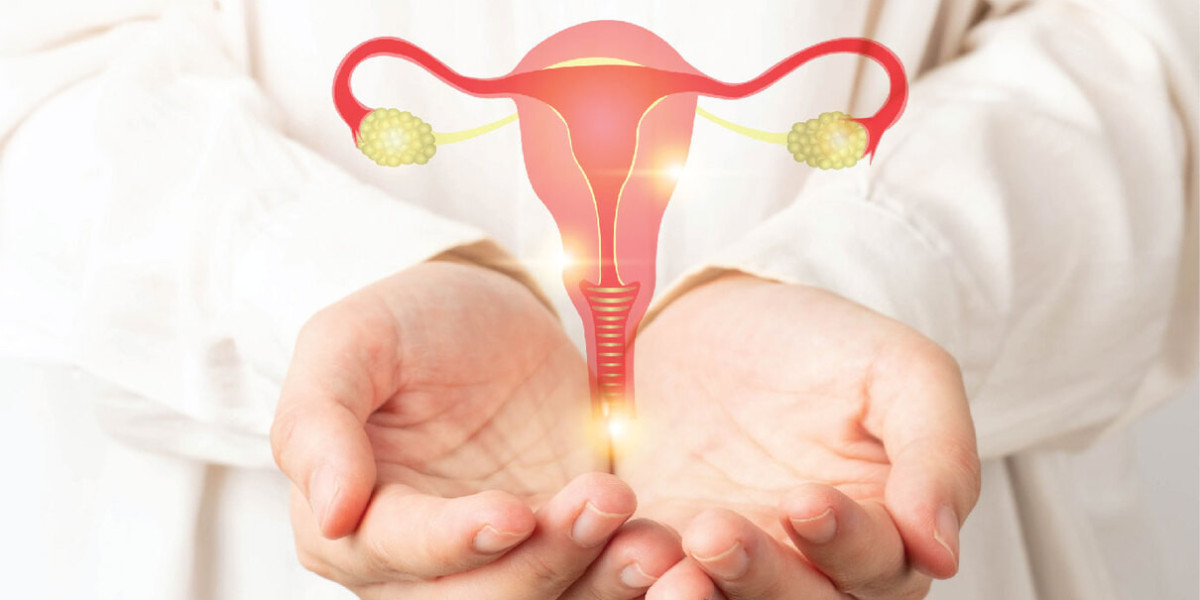Infertility affects many couples worldwide, but thanks to advancements in reproductive medicine, there are now several treatments available to support hopeful parents on their journey. One of the most common and less invasive fertility treatments is Intrauterine Insemination (IUI). This process is straightforward, cost-effective, and often the first option recommended by fertility specialists.
What is IUI?
Intrauterine Insemination, commonly known as IUI, is a fertility treatment that involves placing sperm directly into a woman’s uterus to facilitate fertilization. The goal is to increase the number of sperm that reach the fallopian tubes, enhancing the chances of conception. Unlike more complex treatments like IVF, IUI doesn’t involve retrieving eggs or fertilizing them outside the body.
How Does IUI Work?
The process of IUI is fairly simple and usually involves three main steps:
- Ovulation Tracking: The woman's ovulation cycle is tracked using blood tests and ultrasounds to identify the best time for insemination.
- Sperm Preparation: The sperm sample, often provided by the partner or a donor, is "washed" in the lab to concentrate the healthiest sperm and remove any impurities.
- Insemination: Using a thin catheter, the sperm is placed directly into the uterus, typically in a quick and painless procedure performed in a clinic.
Who is IUI Recommended For?
IUI treatment is particularly helpful for couples dealing with:
- Unexplained infertility
- Mild male factor infertility (such as low sperm count or motility)
- Cervical issues that may prevent sperm from reaching the egg
- Single women or same-sex couples using donor sperm
IUI is often suggested as a first-line treatment due to its lower cost and less invasive nature compared to other assisted reproductive technologies like IVF.
Success Rates of IUI
The success of IUI depends on various factors, including the age and health of both partners, as well as the reason for infertility. On average, the success rate per cycle ranges from 10% to 20% for women under 35, but it can vary significantly. Many couples achieve pregnancy after a few cycles of IUI, while others may require additional treatment options.
Benefits and Considerations
Benefits of IUI:
- Less invasive and more affordable than IVF
- Often covered by insurance in many regions
- Quick procedure with minimal discomfort
Considerations:
- Success rates may be lower for women over 35
- Multiple cycles may be necessary to achieve pregnancy
Is IUI Right for You?
Deciding on the right fertility treatment can feel overwhelming. Consulting with a fertility specialist is essential to discuss your health history and determine if IUI is a good fit. Many couples find IUI to be an accessible and hopeful first step toward achieving their dreams of parenthood.










